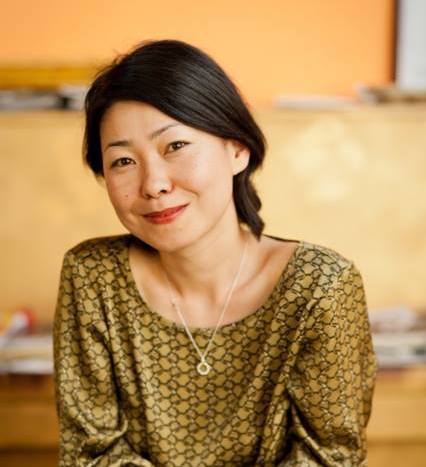Tartu Conference on East European and Eurasian Studies
Invited Speakers
 Natalie Koch is Professor in the Department of Geography and the Environment at Syracuse University’s Maxwell School of Citizenship and Public Affairs. She is a political geographer working on geopolitics, nationalism, and state power in the resource-rich states of post-Soviet Central Asia and the Arabian Peninsula. She is the author of Arid empire: The entangled fates of Arizona and Arabia (Verso, 2022), The geopolitics of spectacle: Space, synecdoche, and the new capitals of Asia (Cornell University Press, 2018), as well as editor of several books, including most recently, Spatializing authoritarianism (Syracuse University Press, 2022).
Natalie Koch is Professor in the Department of Geography and the Environment at Syracuse University’s Maxwell School of Citizenship and Public Affairs. She is a political geographer working on geopolitics, nationalism, and state power in the resource-rich states of post-Soviet Central Asia and the Arabian Peninsula. She is the author of Arid empire: The entangled fates of Arizona and Arabia (Verso, 2022), The geopolitics of spectacle: Space, synecdoche, and the new capitals of Asia (Cornell University Press, 2018), as well as editor of several books, including most recently, Spatializing authoritarianism (Syracuse University Press, 2022).

Asel Doolotkeldieva is a Nonresidential Fellow at George Washington University, based in Kazakhstan. She has obtained her PhD in Politics from the University of Exeter, UK, and previously worked at the OSCE Academy in Bishkek. She was also a visiting fellow at ZOIS and ZMO, Berlin, and College Mondial at FMSH, Paris. Her recent work looks at various epistemic and ontological implications of knowledge produced within post-colonial Central Asian Area Studies. Examining entanglements at the intersection of popular imaginaries and mobilizations, geopolitical powers, and academic discourses, her latest publications include:
A. Doolotkeldieva, Convener and Guest editor of the Special Issue “The Politics of Popular Revolts in Kyrgyzstan”. “Uncovering the Revolutionaries from Epistemic Injustice: The Politics of Popular Revolts in Kyrgyzstan. An Introduction to the Special Issue.” Special Issue of Central Asian Affairs, Volume 10, Issue 2, 99-122;
(with Stefanie Ortmann) “Amidst Authoritarianism, Global Capitalism, and Geopolitical Marginalization: an Emergent Area Struggling Between Discipline and Area Studies,” International Studies Review (forthcoming).

